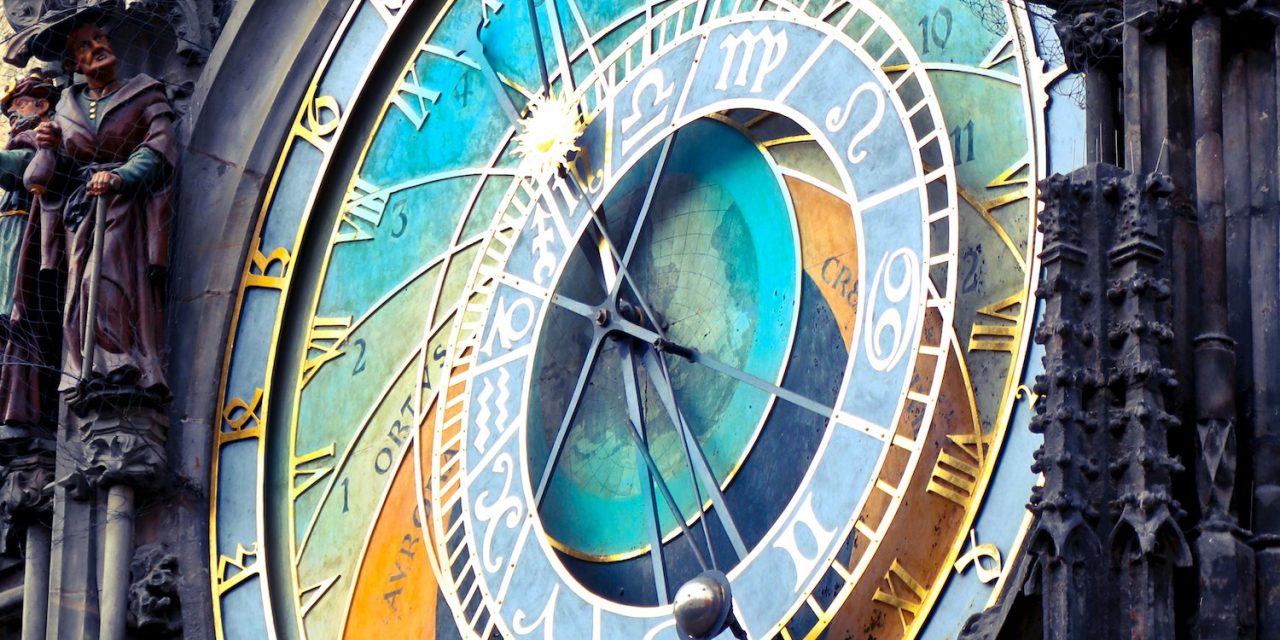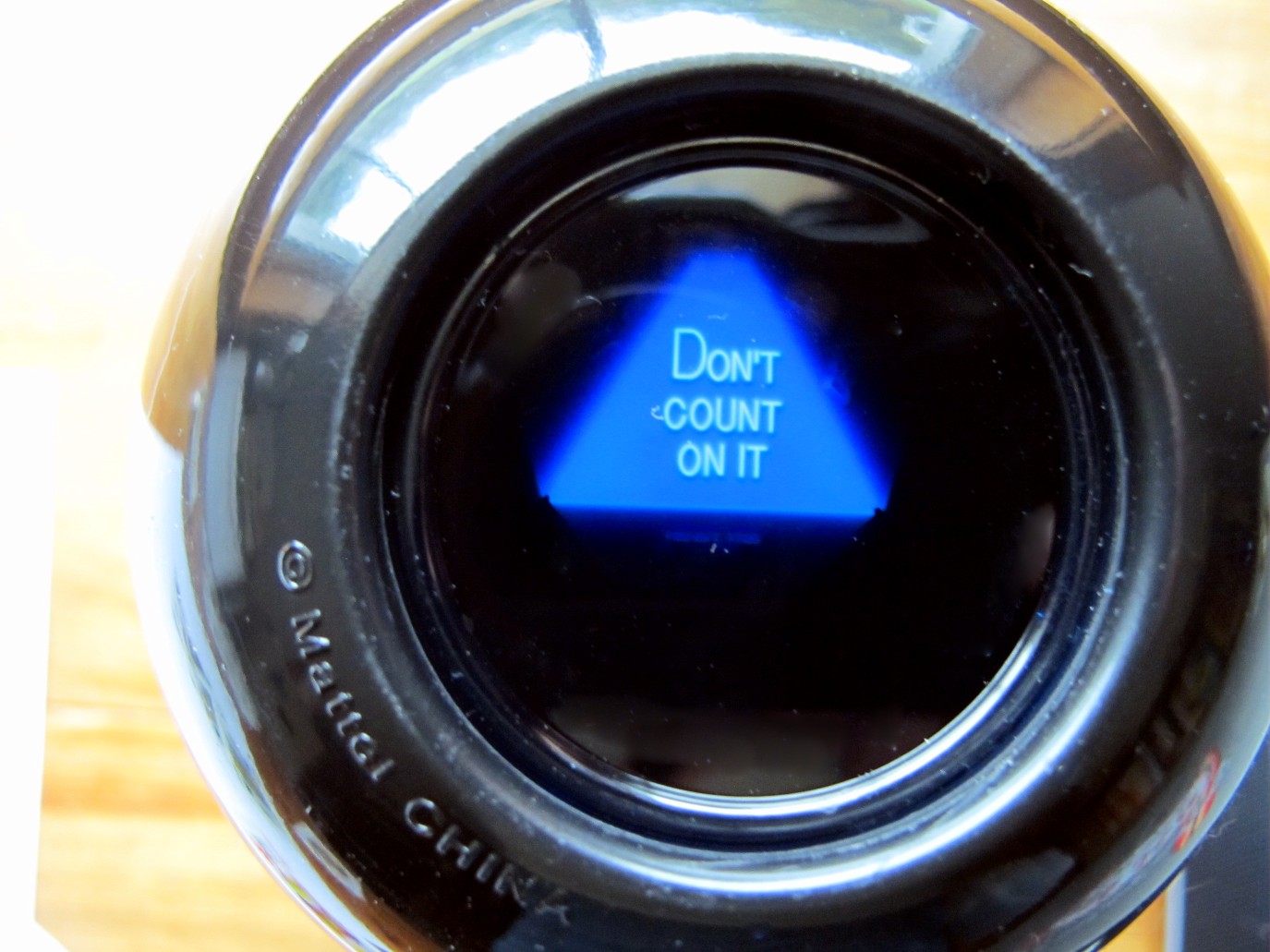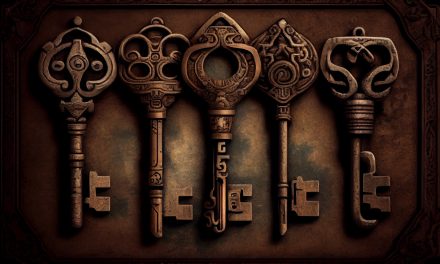As spiritual seekers journeying in the Ignatian tradition, we are often invited to look closely at our present selves, seeking to find God in all things, here and now. But what if we also began to consider our future selves, or even the future generations that will walk this earth after us? Are we not called to find God in all times as well? This invites us to become what a recent TED Radio Hour episode “Future You” refers to as ‘time rebels’, individuals committed to extending their time horizons and considering the long-term wellbeing of our planet and future generations.
The episode, which explores our relationship with our future selves, brings forth compelling insights that resonate deeply with Ignatian discernment. Psychologist Hal Hershfield says that our brains tend to perceive our future selves as different people. This means making good decisions about our future selves can be hard. The ego, much like the evil spirit, nudges us towards immediate gratification, which often overshadows long-term benefits, resulting in a disconnect between our present and future selves. The good spirit, on the other hand, moves us outside and beyond ourselves, toward love of God and neighbour—our time perspective is expanded to a kairos kind of time: a kingdom perspective. Being a ‘time rebel’ is aligning with the movement of the good spirit.
 Another Expression of God
Another Expression of God
Here’s an intriguing question for us: Could we, in our Ignatian practice, imagine this future ‘other’ as another face of God? Ignatius calls us to detachment or indifference, where we are invited to choose what better leads us to God’s desires for the world, rather than our immediate gratification in the present. The focus thus shifts from the egoic wants of our present selves to the future face of God, a future expression of God’s creation.
To bridge our neurological disconnect between present and future, the podcast offers strategies such as visualisation and storytelling. As people practicing Ignatian spirituality, we’re well-versed in the art of imaginative contemplation. We can use this technique to imagine our future selves in our prayer and discernment. In fact, Ignatian discernment does invite us to consider not just the immediate effects of our choices but their future consequences. Ignatius invites us to picture ourselves on our deathbed, looking back on our life. From this vantage point, what choices would we wish we had made? This perspective encourages us to see beyond the immediate horizon and consider the long-term impact of our decisions, on ourselves, and on the communities we’re part of. From the deathbed perspective, ego is seldom involved.
Responsibility for the Common Good
We have a collective responsibility towards future generations. As the podcast puts it, we should strive to be good ancestors, extending our time horizons to plan not just for our individual future, but our shared future. This resonates deeply with the Ignatian call to seek justice and the greater good. Climate change stands as a poignant testament to our collective failure to consider future generations in our discernment and decisions. Our persistent reliance on harmful environmental practices, driven largely by immediate economic gratification, clearly reflects the ego’s influence in skewing our priorities towards the present, at the cost of our shared future. As ‘time rebels’, we are called to shift our mindset, caring for our planet and all its inhabitants as an expression of love for generations to come. What an expansive idea for personal discernment!
Yet, as we develop an image of our future selves, we must acknowledge the ‘illusion of continuity’. The ego’s assumption is that our beliefs and values will remain unchanged in the future, forgetting the transformative power of a relationship with God. Each of us has likely changed significantly in the past 10 or 20 years. We will continue to evolve and be made anew in the coming years. Embracing the potential for personal and communal transformation is deeply Ignatian, and we are invited to trust in God’s grace as we move forward in time.
As ‘time rebels’ we have a critical role to play in God’s project, which is unfolding far beyond us and our time. In our own ways, we can extend our time horizons, welcoming the stranger of our future selves and future humans into our discernment, into our prayer, and into our lives. And in so doing, we push back against the ego’s resistance to change and the fear it engenders. We can learn to honour both our individual transformations and our collective responsibility to future generations. Then we’ll discover that God truly is in all things, all times, and all generations.
Related posts:
- Subdue the Earth: A Genesis Understanding of Discernment
- Who You Are: Moana’s Call to Discernment
- Discernment Resources
Listen to the podcast version of this post…
Written with the assistance of AI (GPT-4).








